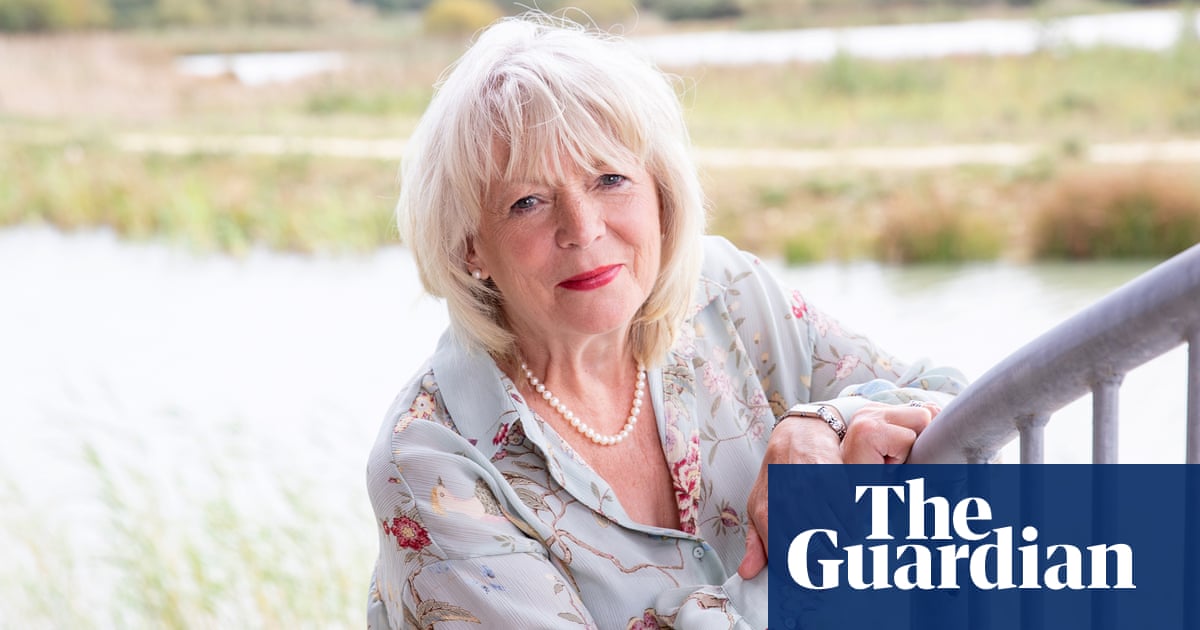
Just over two years ago I was in a pub in Belfast celebrating the decriminalisation of abortion in Northern Ireland. This heady day of vindication came after decades of campaigning by countless activists. There was a feeling of relief, not only for campaigners, but for those who have endured the trauma of being forced to travel to access basic healthcare that was readily available throughout the rest of the UK. The end was finally in sight. Our fundamental human rights would be enshrined in law, though it had taken Westminster to step in where our own government would not. At last, free, safe, legal, local abortion was imminent.
But the promises of that day have yet to materialise. For two years the Northern Ireland Department of Health has failed to commission abortion services. Access to abortion in Northern Ireland remains piecemeal, with much of the support delivered by charities like Informing Choices NI. When they had to stop their work due to excessive pressure on resources, access to abortion again became practically nonexistent in Northern Ireland. In the midst of a once in a generation pandemic, people needing abortions – UK citizens and residents – are still forced, at personal and financial cost, to travel to Great Britain for care.
The delay in providing basic healthcare is galling and insulting to everyone who is forced to travel when the law unequivocally states they have a right to abortion care at home. It is particularly painful in the week of the nine-year anniversary of the case of Savita Halappanavar, who died of septic miscarriage after being refused an abortion in Galway (it was six years after that terrible incident that Ireland finally changed its own draconian abortion laws).
So, it is with understandable frustration and impatience that reproductive rights advocates will welcome this week’s development that Northern Ireland secretary Brandon Lewis may circumvent both the NI Department of Health and the Northern Ireland Executive, and work directly with health trusts to implement abortion care. It has taken a high court ruling that Lewis has been derelict in his duty to provide full abortion services in Northern Ireland to get us to this point.
It should never have come to this.
It is almost unfair that the charge of dereliction of duty is against Lewis, who, as he points out, is the only person in this sorry saga taking steps to uphold the law. In July this year he ordered the Northern Ireland Executive to implement abortion services no later than March 2022. This is a mere two months before the Northern Ireland Assembly elections – something that will surely be weighing on health minister Robin Swann, from the Ulster Unionist party (UUP). He has refused to commission services thus far and may fear pressure from the right wing of unionism should he comply.
Against the backdrop of obstruction by the Department of Health and obfuscation by the NI Executive, there are arguably far more guilty parties at large, namely the evangelical Christian DUP, Northern Ireland’s largest party. They, along with some within the UUP and strands of conservative Catholicism within Sinn Féin and the SDLP, have continued to block the realisation of full reproductive rights in Northern Ireland, prolonging the indignity of every pregnant person living here.
DUP first minister Paul Givan (who vowed to resist Lewis’s July commissioning order) recently introduced a bill outlawing abortion in cases of non-fatal disability that was supported by his DUP and UUP colleagues in the Health Committee. The SDLP and Sinn Féin (whose party policy only supports abortion in cases of fatal foetal abnormality, which they recognise isn’t human rights compliant) abstained.
It is an irony lost on no one that the political ideology intent on maintaining Northern Ireland’s place in the union is the one denying its citizens the same rights afforded to the rest of the UK.
Since parliament extended abortion rights to Northern Ireland in October 2019, unionist leaders have complained about a lack of respect for devolution. Separately the government has said it would introduce Irish language legislation from Westminster if the NI Executive continues to avoid doing so. Many will not look kindly on these latest developments, but both parliament and Lewis’s hands are tied: if Northern Ireland will not act, Westminster must.
After all, isn’t parliament sovereign? Isn’t this precisely what the leaders of unionism are defending? What does “the union” really mean to unionist parties here?
Politically, the timing of Lewis’s latest intervention is charged. Ongoing wrangling over the NI protocol has exposed faultlines between the Conservative party and unionist parties. They vehemently oppose an international treaty negotiated with the EU by the Conservative government and passed by parliament. They say it compromises Northern Ireland’s place in the union and the identity of British people living in the country.
How possible is it for unionist leaders to argue for Northern Ireland’s unshakeable place in the Union, threatening the already tenuous Brexit agreements negotiated by a Conservative government they have repeatedly supported, when they refuse to allow people in NI the same rights as those in Birmingham, Edinburgh or Cardiff? How long will their demands be tolerated at Westminster when their backward views – not supported by the majority of the NI populace, including many unionists – threaten the Conservative’s great Brexit experiment?
In his letter written to first minister, Givan and his deputy, Michelle O’Neill (which was leaked to the Guardian), Lewis states it is the duty of elected representatives to uphold the law regardless of whether they agree with it. That’s the big contradiction within political unionism: they want respect for the sovereignty of the United Kingdom and of parliament, and respect for their British identity in the north, but they want it without the fundamental human rights protection for abortion, equal marriage and minority languages that are part of modern British law and culture.
Elizabeth Nelson is a writer and activist based in Belfast












